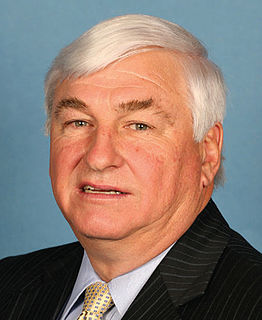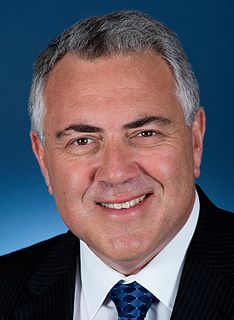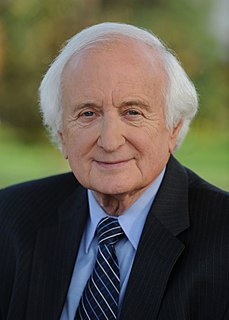A Quote by Janet Yellen
At the federal level, the fiscal stimulus of 2008 and 2009 supported economic output, but the effects of that stimulus faded; by 2011, federal fiscal policy actions became a drag on output growth when the recovery was still weak.
Related Quotes
One of the things I think is very likely is that with the prospects of robust fiscal stimulus in response to voters mad as hell, the Fed is going to be in there with helicopter money. In other words, they're going to be buying whatever the Treasury issues. They're not going to, in effect, advocate strong fiscal stimulus and then not finance it. And that's helicopter money.
There is a big divergence between views on a variety of policy issues from fiscal stimulus to financial regulation. It's my hope and my ambition for the economics profession that as we advance our knowledge, that those discussions will narrow in their focus, and that it will help to have more prudent policy-making down the road.
How can you raise the level of consciousness on this? How can you get the federal government to take the responsibility? Florida does not have a foreign policy. This is a federal policy or absence of federal policy. It's so clear that we're not being treated fairly. We have to come up with a solution. It hurts your head trying to figure out what to do.




































